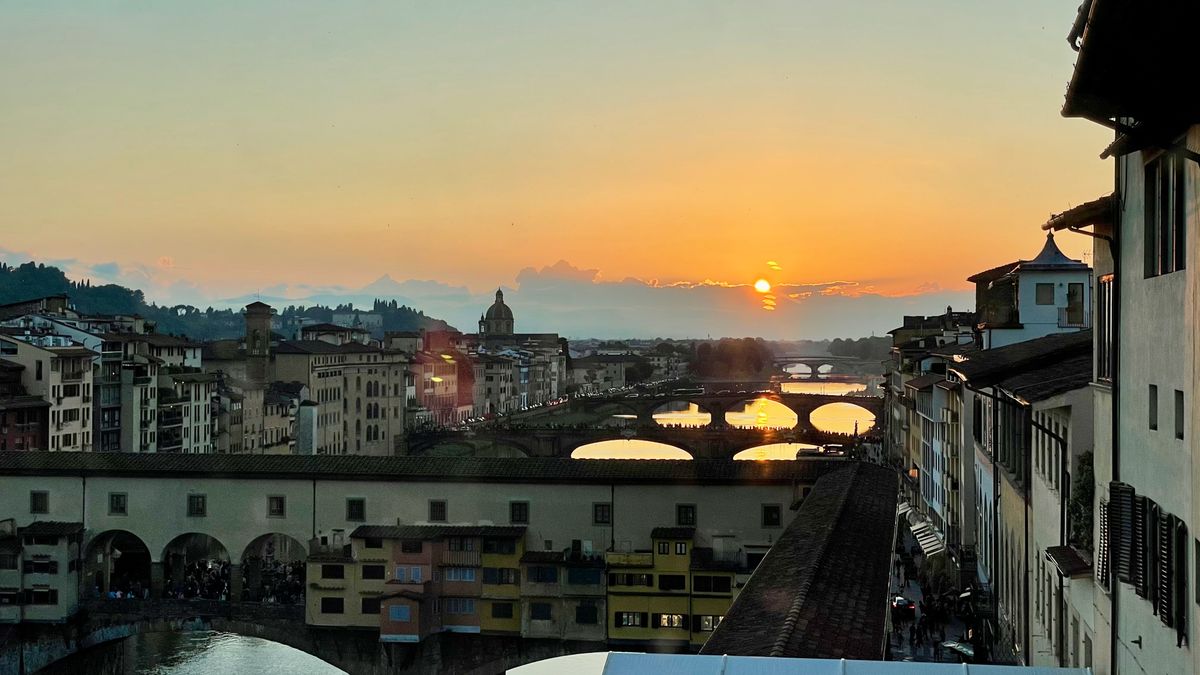Maybe the antidote to overtourism is slow travel. Slow travel offers a different way to experience a place compared to the whirlwind tours of many vacations.
Here’s an example: On a recent trip to Europe, we traveled to Athens, Rome, Florence and Venice. Our time in Athens and Rome, where we only stayed two nights each, was packed morning to night to see all of the places on our list in basically the one full day that we had before whisking off to our next destination. We saw those places with excellent tour guides. It was great. It wasn’t too bad navigating the crowds. However, there was one drawback–while we had the photos we wanted and saw the sights, we lacked a meaningful connection.
In Florence, we did things differently. It was midway through our trip so we booked an Airbnb to have a washer and a kitchen to cook our own meals and we took things slow. We had four nights and five days to explore. We barely did one thing per day and just walked and walked around the city, outside the city and beyond. We shopped at the grocery store, we hung out and channel-surfed Italian TV stations on a rainy day, we cooked, did laundry and learned how to use Italian appliances and we had plenty of time to see everything–some things more than once.
By the time we left, we had a favorite restaurant, knew where to get the best gelato and had figured out all the ins and outs of the best times to see museums and attractions without too many crowds. (Hint: go to the Uffizi later in the evening when the tour groups are gone.)
Instead of ticking landmarks off a list, slow travel allows you to immerse yourself in a place’s culture. You have time to get to know the locals, try their food, and experience their way of life. This can lead to a much more meaningful and lasting connection to the destination like we had in Florence.
Slow travel has other advantages as well. It’s more sustainable. You’re not constantly hopping on planes or trains, which reduces your carbon footprint. You can also support local businesses and communities by staying in locally-owned accommodations and eating at local restaurants.
One of the biggest advantages to slow travel is arguably its stress-free nature. There’s no cramming everything into a tight schedule. Slow travel lets you relax and savor the moment. You can wander down hidden streets, get lost (in a good way!), and discover unexpected gems.
So if you are truly looking to beat the crowds in a destination, consider booking more time there rather than less.
For the latest travel news, updates and deals, subscribe to the daily TravelPulse newsletter.

